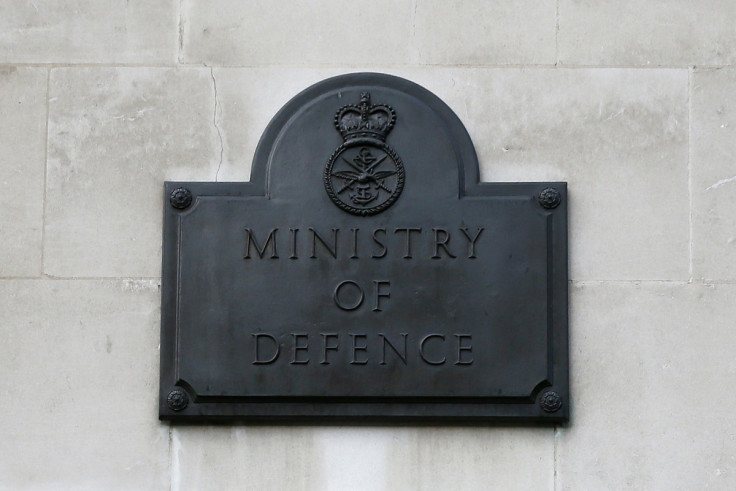British military receives a 50% surge in number of Buddhist fighters
Figures show 780 members of the Army, Royal Navy and Air Force are part of the religion.

The UK's armed forces have seen a 50% increase in Buddhist personnel over the past five years, Ministry of Defence (MoD) figures released on Thursday 29 June show.
The government said 780 members of the Army, Royal Navy and Air Force ascribed to the religion, which is typically associated with non-violence, in April 2017. This up from 520 in April 2012. Buddhists made up just 0.5% of the regular armed forces, whilst Christians accounted for 73% and 24.5% considered themselves to be non-religious.
The number of people in the non-religious category, including atheists and agnostics, has grown from 26,180 (14.7%) in 2012 to 36,530 (24.5%) in 2017. Christians, meanwhile, made up 73% or 108,770 of the armed forces, down from 83.5% or 148,550 in 2012.
The MoD diversity statistics also showed that female representation in the UK regular armed forces remained stable at 10.2% and increased to 7.2% for black, Asian and minority ethnic (BAME) personnel in April 2017, up from 7% in April 2016.
The combined services have a target of 10% of recruits coming from BAME backgrounds by 2020 and a target of 15% for female hires. Defence Secretary Sir Michael Fallon set the targets in 2015, telling Army, Royal Navy and Air Forces chiefs to up their game.
"We need armed forces benefiting from all the talent of the people they protect," he said. "Although 12% of Britain's workforce are members of an ethnic minority they only make up 7% of our armed forces. That's not good enough."
Former Prime Minister David Cameron lifted a ban on women serving in close combat roles in the military in 2016, more than two decades after male and female personnel were able to serve together in the same units in 1994.
"From an organisational perspective, changing the rules will mean a greater pool of recruits from which to pick," said Joanne Mackowski, a researcher for Royal United Services Institute (RUSI).
"This may be increasingly necessary in an age where a war-weary population does not view the military as an employer of choice and also where the increased obesity/decreased general health and fitness of young people bars them from joining the military in the first place.
"It also brings the UK in line with many of its coalition partners with whom inter-operability remains a core tenet of the latest Strategic Defence and Security Review.
"Still, if this policy is to succeed, strong, clear and unambiguous leadership from the very top and all the way down will be needed to champion the initiative."
© Copyright IBTimes 2025. All rights reserved.






















